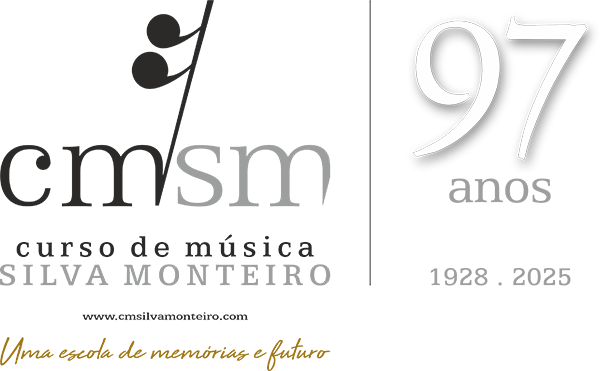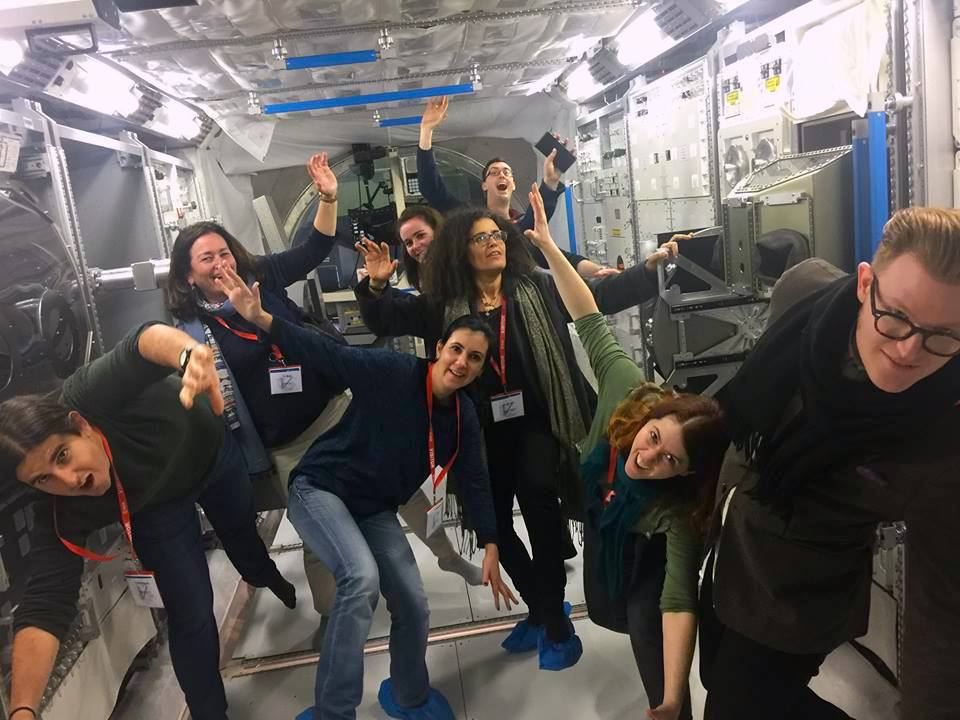
ERASMUS+
SPACE

SPACE (Strategic Partnership: Agents of Change in Education)

The SPACE project - which stands for 'Strategic Partnership: Agents of Change in Education' - brought together existing knowhow and innovative approaches to the development of future knowledge in a homogenous initiative specifically designed to provide Europe's future educators with the tools they need in order to exemplify how tomorrow's innovators act, interact, think, network, and teach.
The SPACE project exists at the meeting point of science, technology, art, entrepreneurship and innovation. Based on the ‘Write a Science Opera (WASO)’ teaching model which has been thoroughly validated in several projects of the European Commission and the European Economic Area, the SPACE project extended the limits of that model in several ways, allowing it to encompass additional fields of learning and knowledge.
The SPACE strategic partnership consisted of six partners - among which three higher education institutions located in Ireland, Norway and Belgium - that contributed complementary expertise to the project:
- - Dundalk Institute of Technology (Ireland, higher education institution – https://www.dkit.ie)
- - Western Norway University of Applied Sciences (Norway, higher education institution – https://www.hvl.no/en/)
- - Curso de Música Silva Monteiro (a Portuguese school of specialized artistic teaching of music for students from 4 years old – https://www.cmsilvamonteiro.com/en/)
- - Speel je wijs (a Dutch-based company specialising in educational innovation – http://www.speeljewijs.com/)
- - RESEO (European Network for Opera, Music & Dance Education headquartered in Belgium – https://www.reseo.org/)
- - AP University College Antwerp (Belgium, higher education institution & coordinating institute – https://www.ap.be/en/homepage)
In addition, cooperation has been established with the European Space Agency's Technology Center (ESTEC – https://www.esa.int/About_Us/ESTEC) so as to receive inspiration from ESTEC for interdisciplinary art/science educational activity.
The SPACE strategic partnership developed a strong dynamic that led to various activities and outputs:
- - The creation of a European network of young, future educators, who were engaged in exciting, innovative and entrepreneurial interventions that they implemented in European schools.
- - Allowing students and lecturers from the relevant higher education institutions to participate in one-week intensive programmes in different countries in order to become acquainted with the operation of a methodology in different European educational contexts.
- - The development by entrepreneurial groups of higher education students of a musical instrument app on space related scientific topics.
- - The publication of a manual for teachers who want to start working with the Write A Science Opera methodology.
- - The elaboration of a pedagogical framework on STEAM education (Science, Technology, Engineering, Arts and Mathematics).
- - The creation of a digital toolkit - made accessible via a mobile website - which encompasses the knowledge accumulated.
- - Systematic and rigorous evaluation of how the methodology functions in higher education contexts which crosses borders.
During the SPACE strategic partnership, dozens of students and teachers were initiated into both the WASO methodology & practice and STEAM education (of which WASO can be considered as a pioneer methodology and practice).
Participating students implemented the acquired knowledge and experience in their internship context, as a result of which STEAM is currently spreading like an oil slick in various European countries and becomes anchored in educational practice in primary schools.
By involving a broad network of partner institutions in the various transnational learning activities for students and teachers, WASO and STEAM were introduced to many other European higher education institutions as well. STEAM education is therefore increasingly finding its way into the curricula of European teacher training programmes, an evolution to which this strategic partnership made a significant contribution and to which the informal network of students, alumni and teachers that was formed in the context of SPACE will undoubtedly continue to make a contribution in the coming years.
SPACE (2016 – 2019) was an Erasmus+ Strategic Partnership funded by the European Commission.
More information – including all intellectual outputs & links to social media channels – about the SPACE project can be found on www.steameducation.eu



